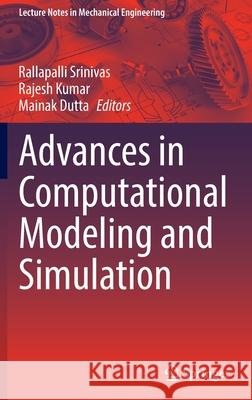Advances in Computational Modeling and Simulation » książka
topmenu
Advances in Computational Modeling and Simulation
ISBN-13: 9789811678561 / Angielski / Twarda / 2022 / 252 str.
Advances in Computational Modeling and Simulation
ISBN-13: 9789811678561 / Angielski / Twarda / 2022 / 252 str.
cena 727,99
(netto: 693,32 VAT: 5%)
Najniższa cena z 30 dni: 693,97
(netto: 693,32 VAT: 5%)
Najniższa cena z 30 dni: 693,97
Termin realizacji zamówienia:
ok. 16-18 dni roboczych.
ok. 16-18 dni roboczych.
Darmowa dostawa!
Kategorie:
Kategorie BISAC:
Wydawca:
Springer
Język:
Angielski
ISBN-13:
9789811678561
Rok wydania:
2022
Ilość stron:
252
Waga:
0.53 kg
Wymiary:
23.39 x 15.6 x 1.6
Oprawa:
Twarda
Wolumenów:
01
Dodatkowe informacje:
Wydanie ilustrowane











